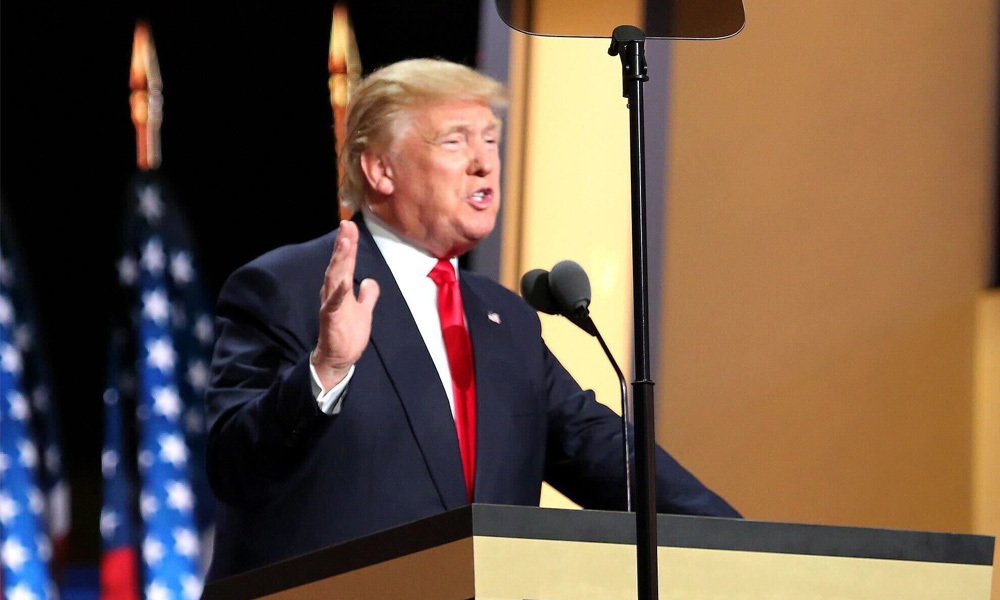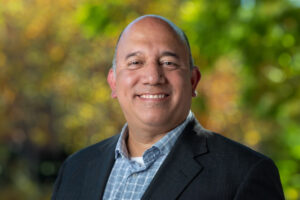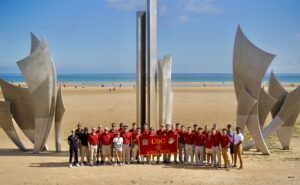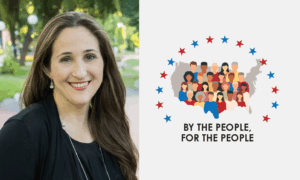With former President Donald Trump now facing his third indictment, the U.S. has entered “unprecedented territory” in American political history, according to experts from the USC Sol Price School of Public Policy.
Federal prosecutors accused Trump of four felony counts on Aug. 2 related to his efforts to overturn his 2020 presidential election loss to President Joe Biden. Those include charges that Trump tried to defraud the U.S. and obstruct an official government proceeding – the Jan. 6, 2021 certification of the Electoral College – when rioters stormed the U.S. Capitol.
Trump, the leading Republican contender for the 2024 presidential election, also faces charges in two other cases: one related to hush money payments made to an adult film actress, and another accusing him of keeping classified materials after leaving office.
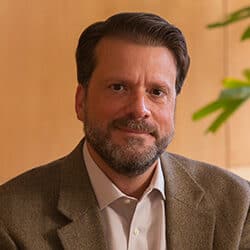
“We are in unprecedented territory,” said Jeffery A. Jenkins, provost professor of Public Policy, Political Science, and Law at the USC Price School.
“We’ve reached and surpassed, in my mind, the Watergate years,” he said. “It’s hard to imagine we’ve arrived at a place where we can legitimately ask: Can a president who finds himself incarcerated pardon himself? The next year or so will be quite conceivably the most interesting – and fraught – era in American political history.”
Will Trump’s First Amendment rebuttal work?
Trump’s lawyers argue that the former president had a First Amendment right to try to reverse the outcome of the 2020 election. USC Price School Professor Dora Kingsley Vertenten called this strategy an “ephemeral effort to get the latest federal indictment off the front pages.”
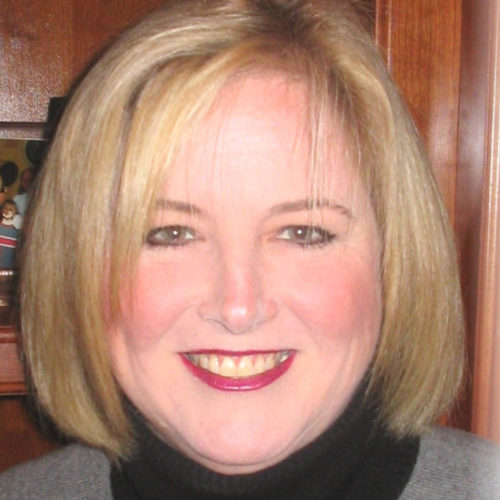
Added Vertenten, who has served as a voting delegate at five Republican presidential nominating conventions: “The current Trump messaging is a sophomoric response to a complex violation of our democratic processes. Their response supposes that, in the end, the American people will not understand that a grand jury of Trump’s peers voted for the indictment, and further, that they won’t understand that actions, not words, are the basis for criminality.”
At the center of the messaging to Trump supporters, Vertenten said, is that the former president and frontrunner for the GOP nomination is being “victimized.”
“By believing it, the supporters can be victimized in turn; not only by the disenfranchisement of voters in 2020, but the grifting of donations to Trump and his PACs now,” Vertenten said. “By focusing on a fundraising strategy, the former president ignores both voters and his own legal defense.”
Jack Smith’s indictment is “disciplined” and “strategic” says USC Dornsife professor
In the latest indictment, special counsel Jack Smith charged Trump with four felony counts, including conspiracy to defraud the United States and conspiracy to obstruct an official proceeding. Smith called what happened on Jan. 6, 2021, an “unprecedented assault” on democracy.
“We are in unprecedented territory.”
Jeffery A. Jenkins, Provost Professor of Public Policy, Political Science, and Law at the USC Price School.
“At first glance, Jack Smith’s indictment seems to be a ‘lawyer’s lawyer’ document,” said Jeb Barnes, a professor of political science at the USC Dornsife College of Letters, Arts and Sciences who researches law and courts.
“First, it is disciplined, avoiding charges like incitement, which might have raised tricky First Amendment defenses. Second, it is strategic: Layering multiple charges on one set of facts helps with potential appeals, because if one conviction is overturned as a matter of law, others can still stand,” said Barnes.

“Third,” Barnes added “it puts pressure on the unnamed co-conspirators to cooperate and leaves room for further charges — something Smith and his team did in the classified documents case. Expect a flurry of motions from the president’s lawyers, including a fight over whether the trial should proceed in Washington, D.C.”
Trump, who has pleaded not guilty to all charges, has claimed the indictments are politically motivated. With the former president on the campaign trail, there will likely be more misinformation about the indictment, the Jan. 6 attack, and the 2020 presidential election, according to Vertenten. As she said in a recent interview with the Associated Press: “I think we’re just getting started.”
